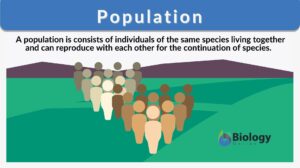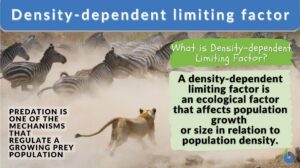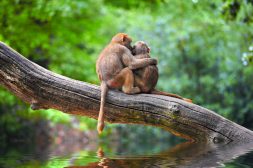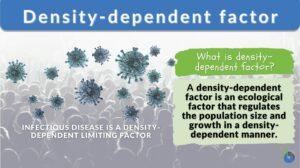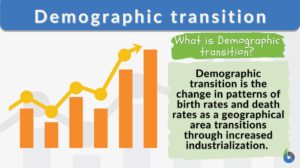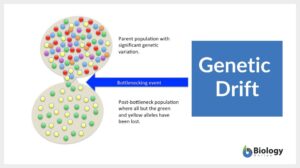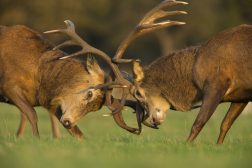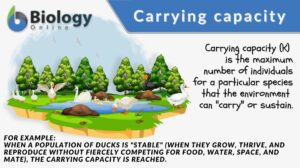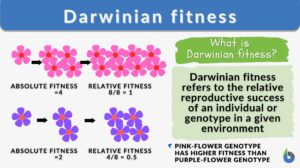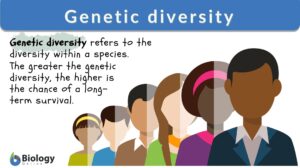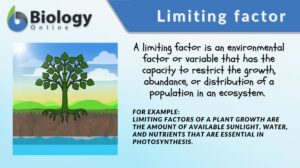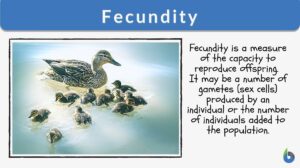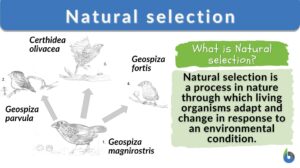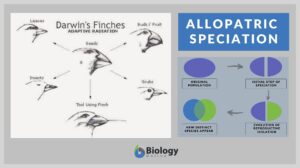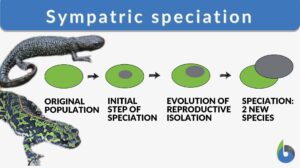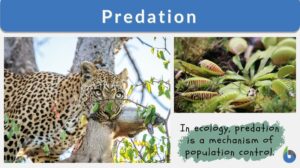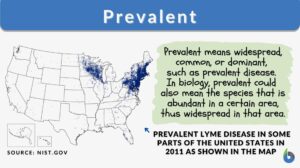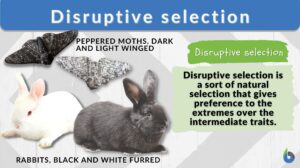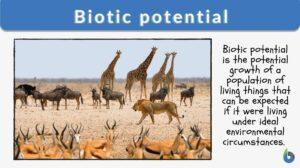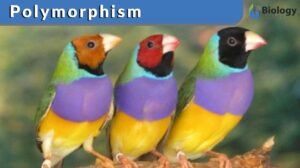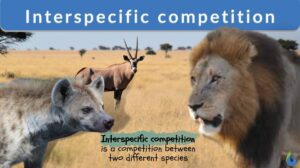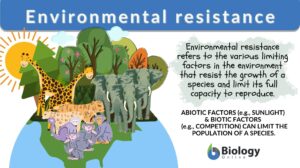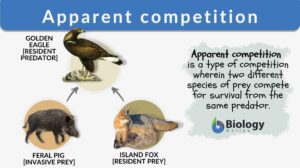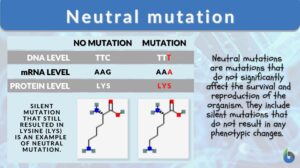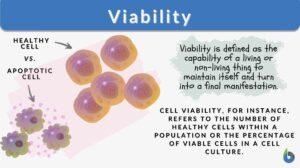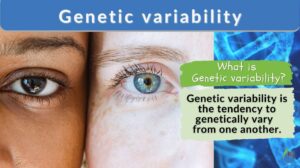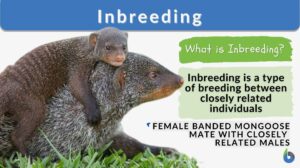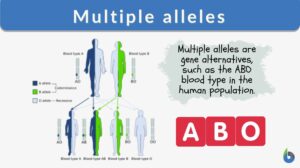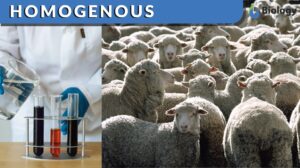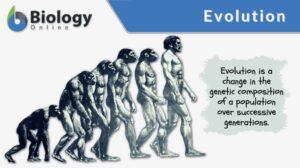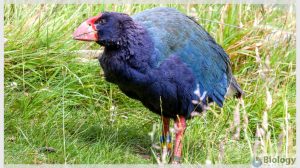Search Results for: population
Population
Living organisms typically prefer to live, grow, and survive in groups. Except for some species that prefer solitude - both... Read More
Population Growth and Survivorship
By: Maria Victoria GonzagaPreviously, we learned about biodiversity and endemism. Now, let's look at the... Read More
Density dependent limiting factor
What Is A Density-Dependent Limiting Factor? Density-dependent limiting factors are limiting factors, which, depending on... Read More
Population Regulation in an Ecosystem
Darwin focused some of this work in regards to the population size of a species, and what factors may affect them. He... Read More
Density dependent factor
Density-dependent factors are the limiting factors of an ecosystem that regulate population growth in a density-dependent... Read More
Demographic transition
The demographic transition model is a theoretical framework that explains the historical shift in population dynamics as a... Read More
Genetic drift
Genetic Drift Definition What is genetic drift in simple terms? The simple definition of genetic drift ( also referred to... Read More
The Gene Pool and Population Genetics
Reviewed by: Mary Anne Clark, Ph.D.The previous tutorial is about adaptive radiation. Adaptive radiation is... Read More
Carrying capacity
Carrying Capacity Definition What is carrying capacity? In biology and environmental science, the carrying capacity of a... Read More
Darwinian fitness
Darwinian Fitness Definition Darwinian fitness refers to the measure of an individual organism's or genotype's reproductive... Read More
Genetic diversity
Genetic Diversity Definition Each species is composed of individuals with their own set of genes. A gene is the inheritance... Read More
Limiting factor
Limiting Factor Definition A limiting factor refers to any of the factors (variables) in an environment capable of limiting... Read More
Natural selection
Natural Selection Definition What is natural selection in biology? Natural selection is defined as a process in nature... Read More
Allopatric speciation
We can define speciation as a process by which the novel genetically independent group of organisms are formed through the... Read More
Sympatric speciation
Speciation is a process of evolution through which two different existing populations evolve and a distinct species form. It... Read More
Disruptive Selection
An evolutionary process known as disruptive selection (or disruptive natural selection) causes a population to become... Read More
Biotic potential
When we look at the different forms of life, we often wonder how they have continued to exist one generation after another.... Read More
Population pyramid
population pyramid (Science: epidemiology) graphical representation of the age and sex composition of a population,... Read More
Polymorphism
Polymorphism Definition The occurrence of two or more different forms or morphs in the population of a species is referred... Read More
Interspecific competition
Interspecific Competition Definition In Biology, competition is defined as the process that occurs among species that have... Read More
Environmental resistance
Environmental Resistance Definition Environmental resistance is such a process in which certain different elements or... Read More
Apparent competition
Competition Definition One of the many branches of biology is ecology. Ecology is the study of the relationships that the... Read More
Neutral mutation
Neutral Mutation Definition What is a neutral mutation? Neutral mutations are the alterations in the DNA that are... Read More
Null hypothesis
Null Hypothesis Definition Null hypothesis is defined as “the commonly accepted fact (such as the sky is blue) and... Read More
Population density
population density (Science: epidemiology) number of individuals in a population relative to... Read More
Genetic variability
Genetic Variability Definition Genetic variability refers to the tendency of individual genetic characteristics in a... Read More
Density dependence
Definition noun (population ecology) An effect in which the intensity changes with the increasing population density, e.g.... Read More
Inbreeding
Inbreeding is a type of breeding or mating where closely related individuals with a common ancestor produce progenies with... Read More
Multiple alleles
Alleles are the pairs of genes occupying a specific spot called locus on a chromosome. Typically, there are only two alleles... Read More
Homogenous
What is homogenous? What does homogenous mean? The word homogenous has been derived from two Greek words that are... Read More
Population genetics
Population genetics (Science: epidemiology, genetics) The study of genetic influences on the components of cause and effect... Read More
Population characteristics
population characteristics (Science: epidemiology) Qualities and characterization of various types of populations within a... Read More
Takahē (Porphyrio hochstetteri)
By: Maria Victoria GonzagaPreviously, we've seen the different animals endemic to New Zealand. Due to the... Read More
